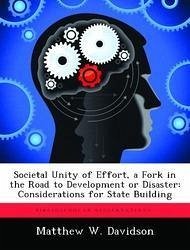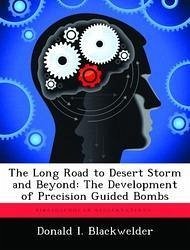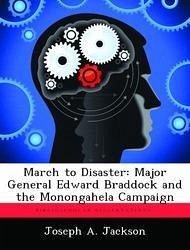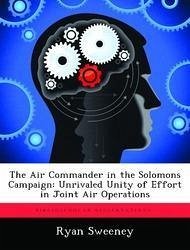Nicht lieferbar

Societal Unity of Effort, a Fork in the Road to Development or Disaster: Considerations for State Building
Versandkostenfrei!
Nicht lieferbar
Throughout history scholars have studied the development of states and posed the question, why do some states develop more than other states? In addressing this question, most studies have focused on the economic and political elements of the state. This paper analyzes the question: Can we assess state development potential by studying the societal or cultural elements of the state? This paper uses case studies of South America, Africa and Asia to demonstrate the correlation between societal composition, traits and characteristics, and development as defined by the United Nations and The World...
Throughout history scholars have studied the development of states and posed the question, why do some states develop more than other states? In addressing this question, most studies have focused on the economic and political elements of the state. This paper analyzes the question: Can we assess state development potential by studying the societal or cultural elements of the state? This paper uses case studies of South America, Africa and Asia to demonstrate the correlation between societal composition, traits and characteristics, and development as defined by the United Nations and The World Bank. This paper also endeavors to develop and present a concept that provides a framework for assessing state development potential based on societal elements. I term this concept, unity of effort. The unity of effort concept utilizes three components to assess the sub-societal elements of the state -- (1) commonality of interests, (2) achievement orientation, and (3) motivational mechanisms. By applying the unity of effort concept to South America, Africa and Asia, we identify inhibiting social characteristics common among underdeveloped states. The identification and acknowledgement of these limiting and inhibiting traits and characteristics are first steps toward finding ways to overcome these impediments and attempt to solve state development problems across the globe. Current United States and international norms and policies constrain the way we view possible solutions to development problems today. A broader perspective with a focus on the long-term potential for security and human dignity may be required to resolve these issues. Through this paper, I hope to inform and provide considerations for state building endeavors by the United States and others.







